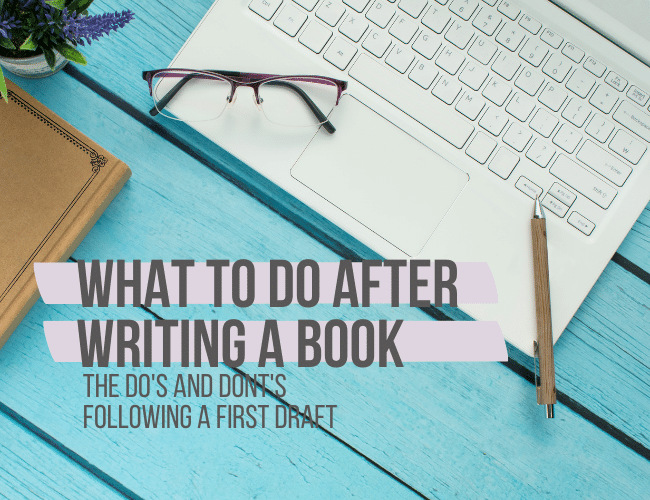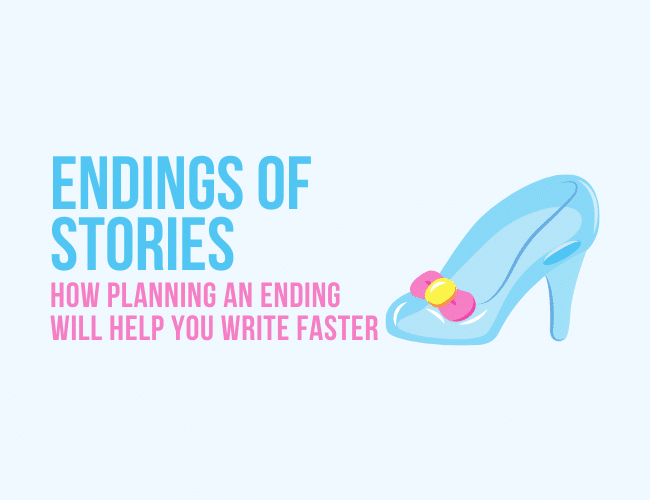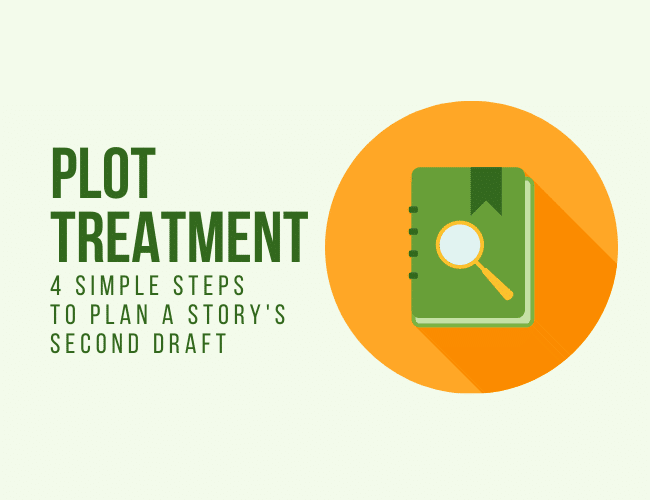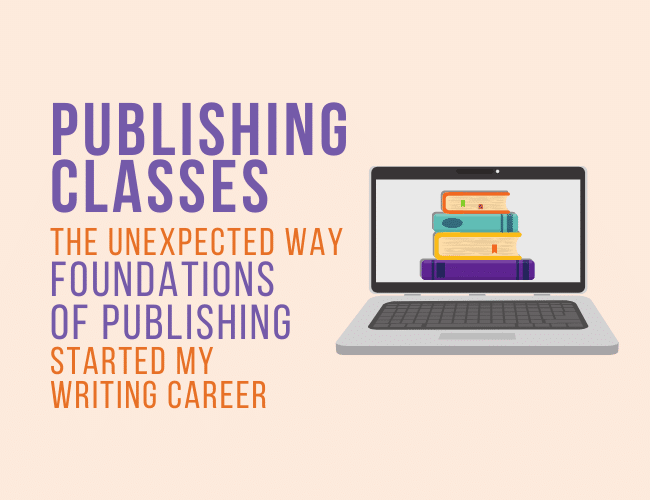
by J. D. Edwin |
If you’ve finished writing a first draft, you’ve accomplished something huge. You should be proud of yourself! But once the celebration dies down, you might experience a moment of silence as you look at your finished manuscript. You wonder: What comes next?
Maybe you’re not sure what you should do next, or maybe you have an idea of all the things that could follow and feel disorganized and paralyzed by all the possibilities.
The fact is, a lot of budding writers don’t think beyond the “finishing the book” part of writing.
So what is next? This article teaches you what to do after writing a book.

by J. D. Edwin |
If you dread deadlines for writers, you’re not alone. And the more you publish, the greater the possibility that you acquire more deadlines than not.
Despite any fear of deadlines, you don’t have to crack under their pressure. Even with all the planning, writing a first draft in six weeks is not easy. Life gets in the way, motivation ebbs and flows, and sometimes you simply can’t force yourself to write.
In this article, you’ll learn three way steps you can take as you near your writing project deadlines, and how to overcome any resistance desperate to hold you back.

by J. D. Edwin |
Readers love the ending of stories, but do you feel like you don’t know how to write a really good ending?
It may seem a little odd to talk about story endings when you haven’t even started writing. Deciding on the type of ending you want, however, is an important part of planning a book.
You usually wouldn’t drive somewhere without a destination in mind. Knowing how your story ends will help you work out the important plot points in between, all the plot twists that eventually lead to that climatic moment.
But how exactly can you write a great ending before the story is even written? Let’s take a look at the essentials an ending must accomplish in order to write a satisfying ending to a great story.
Knowing these common types of endings, and how to decide what endings work best for your story, will bring your character arcs and story full circle.
This post shares writing tips to help you accomplish just that.

by J. D. Edwin |
First drafts are ugly, as they’re intended to be. Frankly, if your first draft isn’t full of run-on sentences, plot holes, and poorly developed characters, you might be doing something wrong. With the hardest part done, you turn to your second draft—but how do you write a second draft?
To start, you need to write a plot treatment.
The second draft is where your story really comes together. This is where you figure out everything that didn’t work in the first draft and fix it—or treat it. I like the word treat because it looks at the first draft as a patient—it’s not bad, it’s just unwell and needs you to play story doctor and make it better.
Thankfully, the process to improve your story and build a solid foundation for your second draft doesn’t have to be difficult. It can be done easily with a plot treatment.
In this article, you’ll learn what a plot treatment is, and why writing a plot treatment can help guide your second draft.

by J. D. Edwin |
So you’ve finished your book. Have you been looking at publishing classes to figure out how to bring your story into the world? I did years ago.
It was 2013.
MLK’s “I Have a Dream” speech was turning fifty, I had just switched from a very toxic day job to a much more peaceful one, and I had become determined to take my writing career a little more seriously. I researched publishing classes on how to publish, and landed upon the Foundations of Publishing program (then called Write to Publish).
It’s worth mentioning that I went into this program with the utmost confidence.
I had self-published a book the year before, and although it only sold a meager eleven copies, I was convinced that the only issue with it was that I didn’t know how to market, and that if I had just learned the “trick” to attracting an agent or publisher, I would surely become an instant success.
And so I signed up, prepared myself, and thought for certain that I was only weeks away from becoming a best-selling writer.







